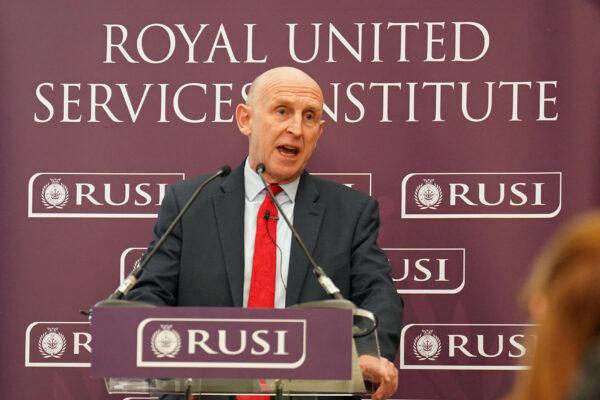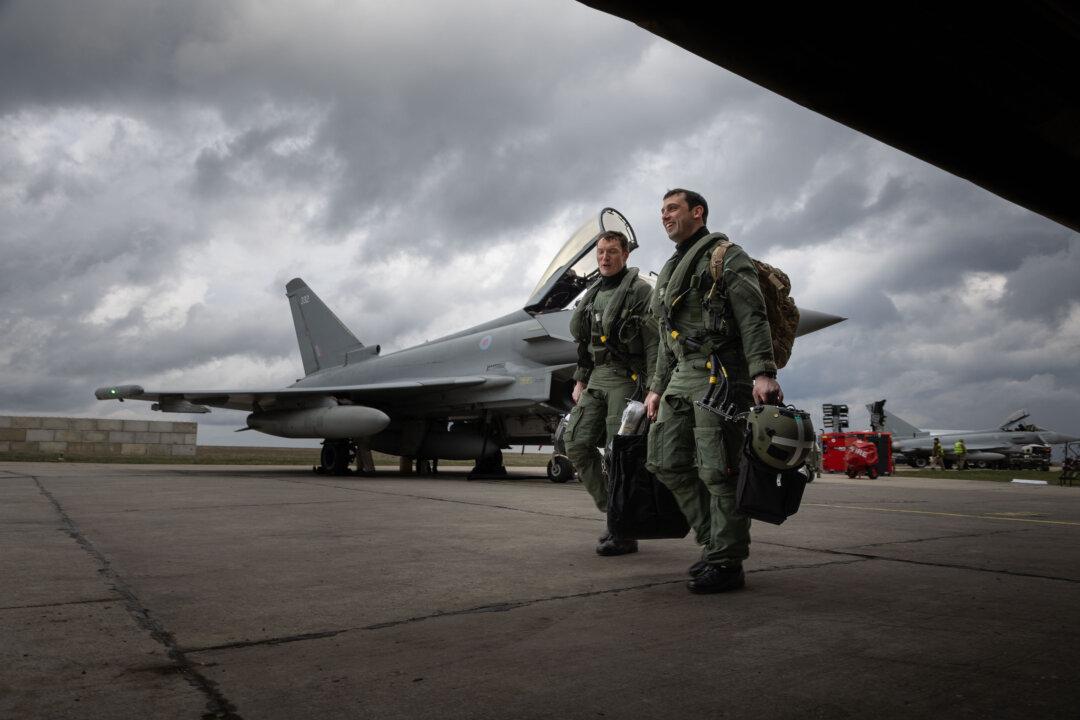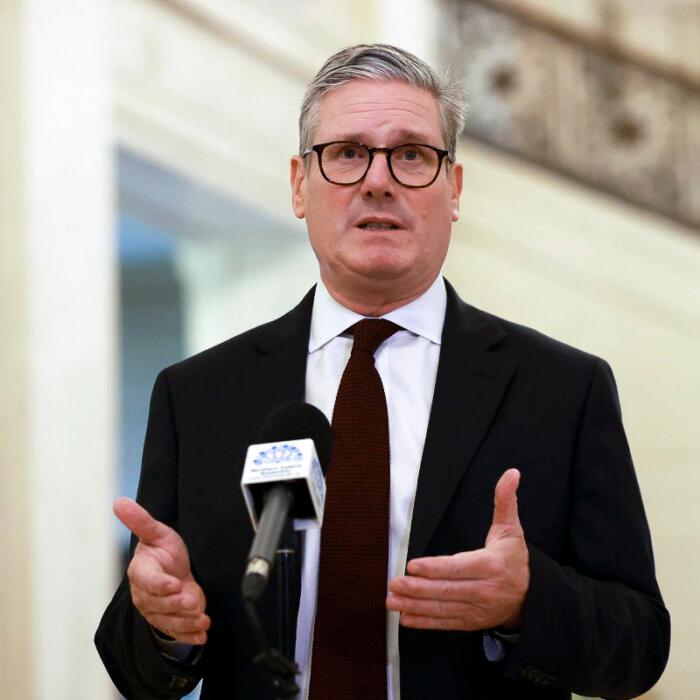The new Labour government will urge NATO allies to increase defence spending to 2.5 percent of GDP, as the alliance marks its 75th anniversary.
“We will increase spending to 2.5 per cent of GDP on defence as soon as possible, whilst arguing all Nato allies should adopt this as a new defence target,” they said.
‘Nato First’ Defence Strategy
Ministers emphasised that international defence is crucial to domestic security, calling NATO the “ultimate guarantor of all allies to live freely and build a secure, more prosperous future for their people.”“Our Government’s commitment to Nato is therefore unshakeable,” they wrote, continuing: “We will have a ‘Nato first’ defence strategy. European security will be our foreign and defence priority. Our commitment to Britain’s nuclear deterrent is absolute.”
Support for Ukraine
Mr. Healey and Mr. Lammy will be travelling with Sir Keir to Washington later on Tuesday to join NATO allies to mark the 75th anniversary of the defence alliance’s founding.Before the election, Mr. Lammy and Mr. Healey visited Kyiv to affirm Labour’s commitment to Ukraine. This stance was confirmed by the prime minister with President Volodymyr Zelenskyy last week following Sir Keir’s victory in the polls.
The new government also wants to explore the option of bringing Ukraine into NATO, with the foreign minister saying on Sunday that he wanted to discuss with his counterparts how NATO allies can provide Ukraine “with its own clear path to joining our alliance.”
On Sunday, the defence minister flew to Odesa to meet with Mr. Zelenskyy, pledging the new government would provide more material for the war effort, including artillery guns and ammunition rounds, small military boats, de-mining vehicles, and nearly 100 precision Brimstone missiles.

In April, the Conservative government announced its largest-ever military aid package to Kyiv, which included 400 vehicles, 1,600 strike and air defence missiles including Storm Shadow long-range precision-guided missiles, 4 million rounds of ammunition, and 60 boats, including offshore raiding craft.
Mr. Healey said in a press release that the UK’s commitment with the Ukrainian people “is absolute, as is our resolve to confront Russian aggression and pursue [Russian President Vladimir] Putin for his war crimes.”
“This government is steadfast in our commitment to continue supplying military assistance and will stand shoulder to shoulder with our Ukrainian friends for as long as it takes,” he said.
So far, the UK has provided more than £7.6 billion of military support to Ukraine since the Russian invasion.







